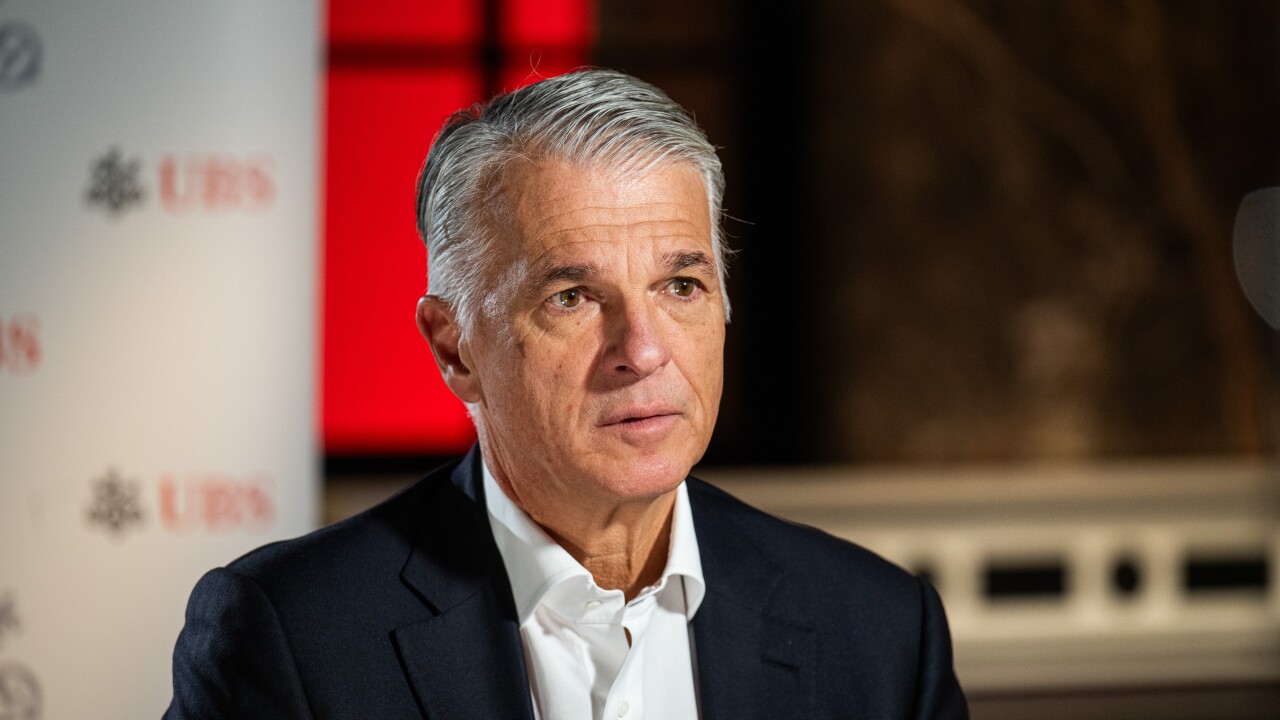PALM DESERT, Calif.-At the start of 2010, the Securities and Exchange Commission established a specialized unit within its Enforcement Division devoted to the looking for fraud and other perfidies in the $40 trillion field of asset management
A year later, the unit has delivered a wide range of enforcement actions involving investment advisors, investment companies and other types of private funds. And it's getting smarter.
That is going to spell "trouble with a capital T" for fund managers, according to experts appearing Wednesday morning at the final general session of the 2011 Investment Company Institute Mutual Funds and Investment Management Conference.
The specialized units established a year ago under enforcement chief Robert Khuzami are not just going to coordinate probes across different parts of the SEC, like "working groups" before them, said Joan E. McKown, a partner at the Jones Day legal firm.
"The point of the specialized units is to go beyond that and to actually be centers of knowledge, to have specialized expertise and to have training," she said.
They will be getting training from various parts of the organization including the SEC's Office of Compliance, Inspections and Examinations, she said, so that they can take on "more technical cases." And do so knowledgeably.
Besides Asset Management, headed by co-chiefs Bruce Karpati and Robert B. Kaplan, new enforcement units are now operating in these specialties:
* Market Abuse, led by Daniel M. Hawke
* Structured and New Products, led by Kenneth R. Lench
* Foreign Corrupt Practices, led by Cheryl J. Scarboro
* Municipal Securities and Public Pensions, led by Elaine C. Greenberg
But, of these, the one of most interest to mutual fund complexes and other fund managers is the Asset Management unit, with its focus on investigations of investment advisors, investment companies, hedge funds and private equity funds.
"What I think it means for the industry is trouble with a capital T," said Philip L. Kirstein, senior officer and independent compliance officer for the AllianceBernstein Mutual Funds.
"It is important to realize that the asset management unit has 60 people in it," he told attendees at the industry's pre-eminent mutual funds conference. "It is the largest of the specialized units."
And the unit will be looking to measure and prove its worth, Kirstein said.
"If you look at the testimony that enforcement is providing to Capitol Hill, you see what they're talking about," he said. "Number of cases, the speed of the cases, the amount of disgorgement, the amount of fair fund money that has been raised, penalties, etc."
Which means life is about to change for mutual fund firms, potentially radically, in the hunt for fraudulent investment operations, performance reporting, valuation of assets, conflicts of interest and other problems.
"We've had quiet little pond, and now we've got a big sign out there that says, 'Come, fish in my pond,'" Kirstein said. "And we all know what fishermen do: They brag about the size of the fish they've caught."
The essence will be stepped up, serious enforcement.
"There is going to be a lot of trouble in terms of that unit for the industry, because you've got dedicated people that are focused," he said.
He was not alone in that assessment.
"Knowledge is a powerful thing," said Lawrence P. Stadulis, a partner at Stradley Ronon Stevens & Young, a Philadelphia law firm.
"The more comfortable and knowledgeable you become about a particular area, the more comfortable you are with bringing a case or actually taking a stand on it," he said. "This is really a pivotal point'' for the industry.
And it won't just be the Asset Management unit that will be looking at the asset management business, according to Thomas Biolsi, practice leader for asset management at PricewaterhouseCoopers.
He expects the market abuse, structured product and municipal finance groups will be bearing down on asset managers, as well. The market abuse unit, which looks at insider trading and market manipulation, for instance, is "looking very squarely at this industry and it's far beyond just hedge funds," he said.
"They believe that insider trading does take place at organizations other than just hedge funds. So I think you're going to see them being very active in your space," he told the gathering of mutual fund company executives.
Even the Foreign Corrupt Acts unit will get into the game, McKown said.
This is an area where there has been "some complacency regarding that in financial services industry."
But if you're a global operator there is "particular risk" in working with joint ventures, third-party service providers and the like, abroad, she said.
Bruce Karpati, the co-head of the Asset Management unit, is scheduled to appear in a live Webcast at 1 p.m. this Tuesday, April 5, where he will discuss his unit's cases over the past year, and what it is currently prioritizing and pursuing.
Also scheduled to appear on the cast are: John Reed Stark, managing director of Stroz Friedberg and former chief of the Securities and Exchange Commission Office of Internet Enforcement; and Bradley J. Bondi, a litigation partner at Cadwalader, Wickersham & Taft LLP who is a former counsel to SEC Commissioners Troy Paredes and Paul Atkins for enforcement matters. For information on the webcast, please go to: http://www.securitiesdocket.com/.





